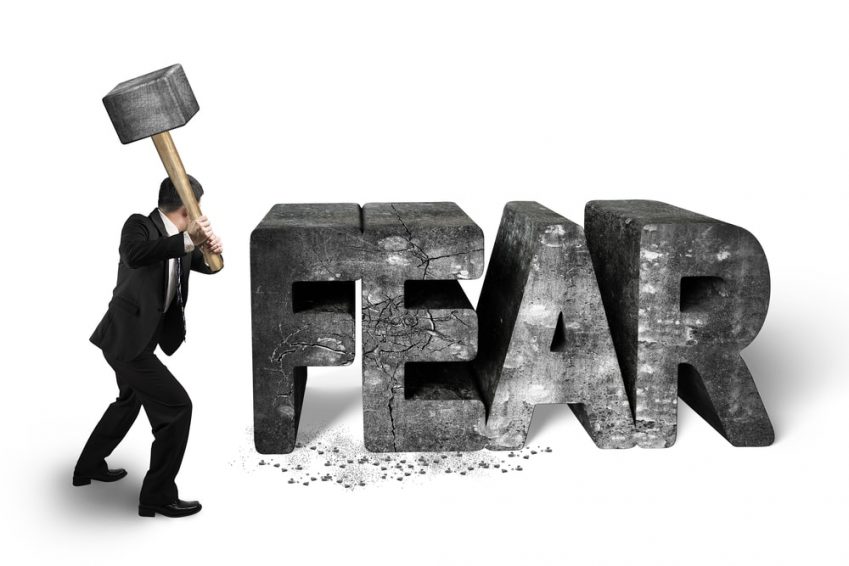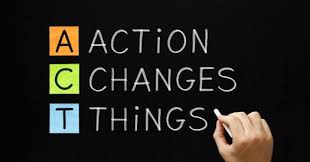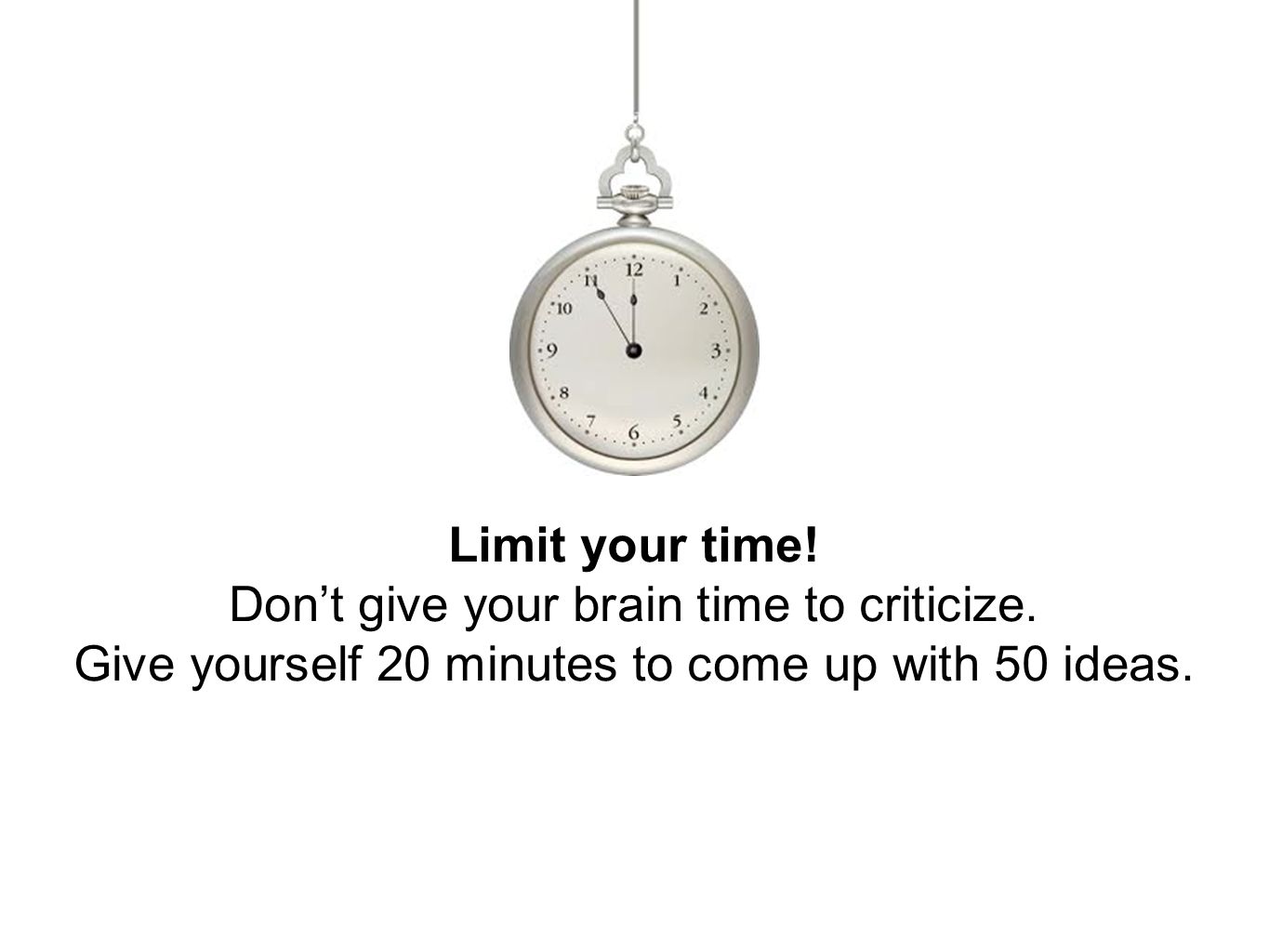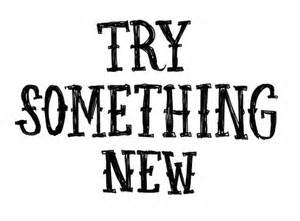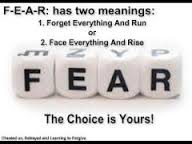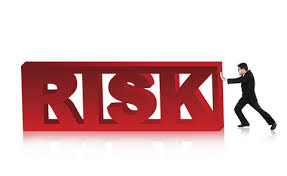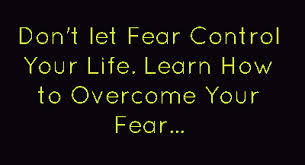1) What is Anger?
Anger is an emotional state characterized by feelings of intense displeasure, frustration, or hostility. It can vary in intensity from mild irritation to intense rage. Anger is a natural response to perceived threats, injustice, or unmet needs and can be triggered by various external and internal factors.

Key aspects of anger include:
Emotional Response: Anger is primarily an emotional reaction that arises in response to a perceived wrong or injustice. This can be due to external events (e.g., being insulted or treated unfairly) or internal factors (e.g., frustration from unmet expectations).
Physiological Changes: When a person experiences anger, their body undergoes physiological changes. This includes an increased heart rate, elevated blood pressure, and a surge of adrenaline. These changes prepare the body for a “fight or flight” response.
Behavioral Expressions: Anger can manifest in various behaviors, such as shouting, physical aggression, or passive-aggressive actions. The way individuals express anger can be influenced by their personality, cultural background, and coping mechanisms.
Cognitive Component: Anger is often accompanied by specific thoughts and beliefs. For example, a person might think, “This is unfair” or “I can’t stand this.” These cognitive processes can fuel the emotional intensity of anger.
Potential Consequences: While anger can be a motivating force for addressing problems and injustices, it can also lead to negative outcomes if not managed properly. Chronic anger can harm relationships, impair judgment, and negatively impact physical and mental health.
Management and Regulation: Learning to manage and regulate anger is crucial. This can involve strategies such as deep breathing, physical exercise, seeking social support, and developing problem-solving skills. In some cases, professional help from a therapist or counselor may be necessary.
2) Why we get angry?
Anger is a natural and complex emotion that arises for various reasons. Here are some key factors that contribute to why we get angry:

Biological Factors:
Fight-or-Flight Response: Anger can be part of the body’s natural response to threats. When we perceive a threat, our body releases hormones like adrenaline, preparing us to either confront or flee from the danger.
Brain Structure and Function: Certain areas of the brain, such as the amygdala, play a significant role in processing emotions like anger. Neurotransmitters and hormonal imbalances can also influence how easily we become angry.
Psychological Factors:
Perceived Injustice: Feeling wronged or unfairly treated can trigger anger. This sense of injustice can be personal (e.g., someone insults you) or societal (e.g., seeing social inequality).
Frustration: When our goals are blocked or we experience repeated failures, frustration can lead to anger.
Stress: High levels of stress can reduce our ability to cope with situations calmly, making us more prone to anger.
Social and Environmental Factors:
Learned Behavior: Observing and mimicking the behavior of others, especially during childhood, can influence how we express anger. If we see family members or peers reacting angrily, we may adopt similar responses.
Cultural Norms: Different cultures have varying norms about expressing anger. Some cultures may condone open expressions of anger, while others might encourage suppression of the emotion.
Cognitive Factors:
Interpretation and Perception: How we interpret events and situations can affect our emotional responses. Misunderstandings or negative assumptions about others’ intentions can lead to anger.
Expectations: When reality doesn’t match our expectations, we may feel disappointed and angry. For example, expecting others to behave in a certain way and experiencing the opposite can be frustrating.
Situational Factors:
Provocation: Direct provocation, such as insults, threats, or physical aggression, can trigger anger.
3) What Happens when we get angry?
When we get angry, our bodies and minds undergo a series of changes, driven primarily by the “fight or flight” response. Here’s a breakdown of what happens:
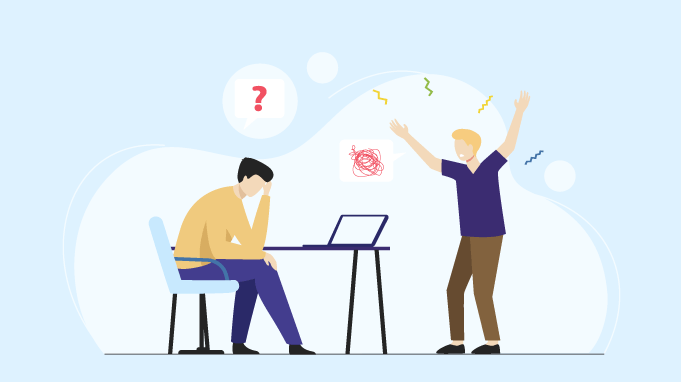
Physiological Responses
Adrenaline Release:
The adrenal glands release adrenaline and other stress hormones like cortisol.
This leads to an increase in heart rate, blood pressure, and energy supplies.
Increased Heart Rate and Blood Pressure:
Blood flow increases to major muscle groups, preparing the body for physical exertion.
Respiratory Changes:
Breathing rate increases to provide more oxygen to the muscles.
Muscle Tension:
Muscles tighten up, preparing for a potential physical reaction.
Skin Reactions:
Sweating may increase to cool the body down in preparation for physical activity.
Skin may flush due to increased blood flow.
Psychological and Cognitive Changes
Emotional Intensity:
Emotions become more intense, and there is a strong feeling of displeasure or hostility.
Cognitive Changes:
Thoughts may become focused on the source of anger.
Judgement may become impaired, leading to impulsive or aggressive behavior.
Narrowed Attention:
The mind focuses on the perceived threat or cause of anger, often to the exclusion of other thoughts or considerations.
Behavioral Responses
Facial Expressions:
Facial expressions change, often showing a furrowed brow, clenched jaw, or flared nostrils.
Body Language:
Body language becomes more aggressive, such as clenched fists, tense posture, or pacing.
Verbal Reactions:
Speech may become louder, faster, and more intense. There may be an urge to shout or use aggressive language.
Biological Mechanisms
Hypothalamus Activation:
The hypothalamus activates the pituitary gland, which in turn signals the adrenal glands.
Sympathetic Nervous System Activation:
This part of the nervous system prepares the body for the ‘fight or flight’ response.
Amygdala Activation:
The amygdala, a part of the brain involved in emotional processing, signals the hypothalamus when it perceives a threat.
Consequences and Health Implications
Short-Term Effects:
Increased alertness and readiness to respond to threats.
Potential for immediate physical action.
Long-Term Effects:
Chronic anger can lead to long-term health issues such as hypertension, heart disease, and weakened immune response.
It can also affect mental health, leading to anxiety, depression, and relationship problems.
4) How to manage stress & control anger?
Managing stress and controlling anger can significantly improve your mental and physical well-being. Here are some strategies to help you handle both effectively:

Stress Management
Identify Stressors:
Keep a journal to note down situations that cause stress and how you react to them. Understanding your triggers can help you develop strategies to manage them.
Practice Mindfulness and Meditation:
Engage in mindfulness practices such as meditation, yoga, or deep-breathing exercises. These techniques can help you stay present and calm.
Exercise Regularly:
Physical activity releases endorphins, which are natural stress relievers. Aim for at least 30 minutes of moderate exercise most days of the week.
Maintain a Healthy Lifestyle:
Eat a balanced diet, get enough sleep, and avoid excessive consumption of caffeine and alcohol. A healthy body can handle stress better.
Time Management:
Prioritize your tasks and break them into manageable chunks. Use tools like to-do lists and calendars to stay organized.
Social Support:
Stay connected with friends and family. Sharing your feelings with trusted people can provide comfort and support.
Take Breaks:
Regular breaks during work or stressful activities can help you recharge. Engage in activities you enjoy during these breaks.
Seek Professional Help:
If stress becomes overwhelming, consider talking to a counselor or therapist who can offer guidance and support.
Anger Control
Recognize Early Signs:
Notice physical signs of anger, such as a racing heart or clenched fists, and take steps to calm down before the anger escalates.
Pause Before Reacting:
Take a few deep breaths, count to ten, or step away from the situation to give yourself time to think before responding.
Use Relaxation Techniques:
Practice deep breathing, progressive muscle relaxation, or visualization techniques to calm your mind and body.
Communicate Effectively:
Express your feelings calmly and assertively without becoming confrontational. Use “I” statements to describe how you feel and what you need.
Exercise Regularly:
Physical activity can help reduce stress and anger. Engage in activities like walking, jogging, or team sports to release pent-up energy.
Problem-Solving:
Identify solutions to the issues that are causing your anger. Focus on what you can control and take steps to address the problem.
Change Your Thinking:
Challenge negative thoughts and replace them with more rational, positive ones. Avoid words like “never” or “always” that can exaggerate the situation.
Practice Forgiveness: Holding onto grudges can fuel anger. Practice forgiveness and let go of resentment to free yourself from negative emotions.
Thanks for reading.

